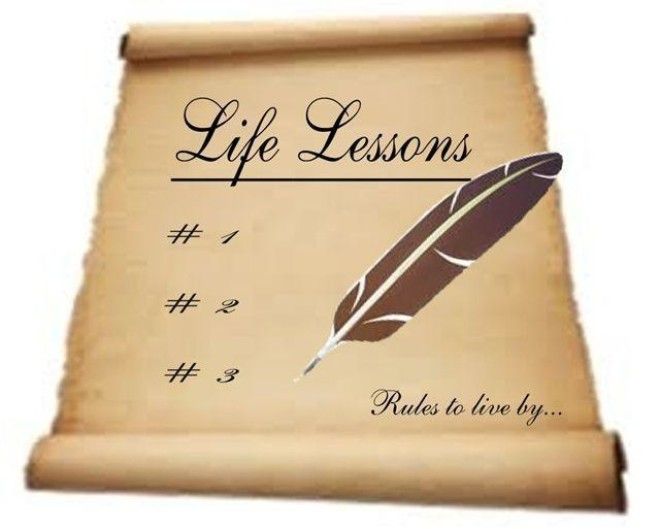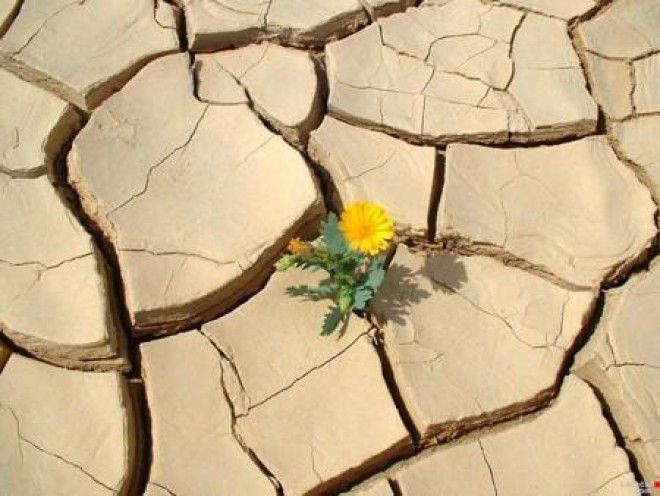I can’t count the number of times I heard this when I announced in late 2007 that I’d planned to go straight on for my Ph.D. after finishing my Master’s. Eight years later, with both degrees in hand as well as a number of gray hairs that I’m pretty sure I didn’t have when I embarked on this mad journey into Middle Earth to battle a dragon disguised as a dissertation, I sometimes think the only skill I’ve learned involves crafting twitter-length poems about wine, coffee, and sleep that would make Lord Byron weep. However, reflecting on the experience, I realize that I’ve emerged with a set of transferable life skills that definitely didn’t appear in the course objectives of any of my syllabi.
When I entered grad school on the cusp of what would transpire to be a seemingly endless economic recession, a Master’s and a Ph.D. still spelled job security; now many of my colleagues and I sometimes feel like our degrees are worthless slips of paper, but as I’ve spent much of this past year finding increasingly innovative ways to market my skills both inside and outside of the academy, I’ve realized how much I’ve grown both as a scholar and as a person. If you’re contemplating grad school, currently working toward a graduate degree, or in a transitional phase of job-seeking or career changing, take a few minutes to reflect on these seven life lessons that grad school teaches you that you don’t learn in the classroom.
1. Practice self-discipline in whatever you do

Okay, let’s start with the hardest one before I lose your attention. Much of the research conducted in grad school is self-directed. Yes, you have advisers and colleagues, but no one is standing behind you, looking over your shoulder and reminding you of deadlines. This makes it easy to fall into the “it’ll get done when it gets done” trap.
When I was working on my dissertation I adopted Erin Templeton’s “rule of 200,” the only way I ever managed to get any writing done. This technique, in which you commit to writing 200 words every day, has served me well both in my academic and professional writing, enabling me to juggle multiple projects and meet deadlines. Self-discipline is sometimes the only thing that stands between you and the completion of anything on your to-do list, whether it’s meeting a professional deadline, kicking a bad habit, or reorganizing your closet. Long-term projects and goals can intimidate us because when we look at the “big picture,” we feel overwhelmed by the breadth of what we have to accomplish, so forcing yourself to meet regular minimum benchmarks and doing your best to stick to them will help propel you forward.
2. Life is essentially one big juggling act
The further along you move in life, the more responsibilities you’ll find heaped on your plate. Grad school will test your juggling skills in the proverbial fire better than anything else. When you have to balance coursework, teaching or other professional responsibilities, committee work, and your personal life, you find a way to keep your balls in the air, because you have to. That seminar paper won’t write itself, but the lawn won’t mow itself either, nor will your car fix itself or that leaky bathtub magically stop dripping.
Many graduate students have to juggle school with other adult responsibilities like families and careers, and as overwhelmed and overtaxed as you sometimes feel, it’s all essentially an endurance test that makes you much better prepared for whatever balls life throws at you when you learn sooner rather than later how to exercise your juggling reflex. Of course, part of mastering juggling is also knowing your limits, so don’t overtax yourself either.
3. You can survive on very little when necessary

Grad students know better than anyone how it feels to run on empty. Whether it’s too little sleep, too little caffeine, too little food, too little money, or too little patience (which is likely caused by some combination of the above deprivations), you eventually get used to the feeling and learn to cope. This can likely serve you well in other areas of your life too; when money is tight, you’ll learned to stretch the budget. When you’ve been up all night with a sick child, you’ll drag yourself to work on 2 hours of sleep and half a cup of coffee (because the dog spilled the other half and you didn’t have time to make more).
You’ll realize that just when you think the energy well has run dry, there’s miraculously one drop left.
4. Cling to your friends like a life raft
Of all the things I’m grateful for having gained in my experience as a grad student, my deep, life-enriching friendships are the things I cherish most. When you spend six months co-authoring a paper with a colleague, spending every weekend pouring blood, sweat, tears, and vodka into a masterpiece, something happens. You become soulmates. Somewhere between the first drink and the fiftieth, you realize that you can no longer remember what life was like before you met each other.
I’ve shared a lot of professional and personal experiences with my grad school friends. I’ve traveled with them, taught with them, shared meals with them, cried with them, and drank with them; I’ve even dated them. Anyone who’s spent any time in grad school knows the danger of falling down the research rabbit hole. Your friends are the ones who knock on your door when they haven’t seen you in a week to make sure you know what day it is. They distract you with alcohol and Jane Austen movies the night before your dissertation defense. They celebrate your successes, share in your sorrows, and keep you from falling apart at the seams. They’ve seen you at your best and at your worst, and trust me, you don’t want to burn those bridges. They know too much and might become a liability.
5. You’ll never stop learning

Just the other day, I had a conversation with a friend about a book she’d just read, and my immediate reaction was “Damn, why didn’t I know about this book when I was writing my dissertation?” The truth is, one book probably wouldn’t have upgraded my research from passable to earth-shattering, and I’m probably going to read the book anyway. Even if I never use it, it’s more knowledge I get to squirrel away for a rainy day. My students know that I base my teaching philosophy on the belief that the most powerful learning occurs outside the classroom, because the “real world” is where the rubber hits the road, and you find yourself applying your skills. Life is one big classroom, and no matter how much you know, you can always stand to learn something new.
6. Confidence is less about what you know and more about how you present your knowledge
Anyone who has spent time in the academy knows that intellectual snobbery often makes the rounds with the regularity of the latest Lolcat pictures. Especially when you’re new to higher ed, this can make you feel microscopically small and insecure in the midst of the huge ideas that everyone else seems to have. In the grip of your insecurities, you can easily forget that everyone else probably feels just as small and just as scared as you do. Someone once told me that talking about your dissertation is basically lying through your teeth about an argument you haven’t developed until you realize you actually believe in the lie.
I realized that I did actually “know my stuff” one morning when a student asked me a random historical question about Queen Victoria, and I plucked the answer straight off the top of my head. The student didn’t know, and didn’t need to know, that I only had that answer so readily available because I’d just come across it the day before in my research and it hadn’t yet been obscured by everything else I was thinking about, like the pictures of Benedict Cumberbatch on Instagram that I absolutely hadn’t been drooling over during my office hours. The salient point to take away here is that my student asked me a question, and I had an answer. There’s nothing more to it than that. Whenever you’re feeling insecure or insignificant, just sip your coffee and look busy and important. If you do it confidently, you might fool even yourself.
7. It’s okay to cry

There’s no crying in grad school. Except when there is. The Chronicle of Higher Education recently covered a trend making the rounds on Facebook involving a series of greeting cards about crying in grad school, one of which congratulates the recipient on “not crying in front of your adviser.” This humorously conveys, albeit with a sad kernel of truth, that despite the popular idea that such behavior is frowned upon, grad students cry as much as they drink. Really seasoned grad students can do both simultaneously. It’s a gift. Stressful situations cause anxiety, and anxiety triggers emotional responses like tears. Crying isn’t a weakness. It’s your brain telling you that something is wrong and you need to chill the heck out. Crying can also help you feel better. According to Dr. Judith Orloff, it “stimulates the production of endorphins, our bodies’ natural pain-killer and ‘feel-good’ hormones.” She goes on to say that humans are the only living creatures definitively known to shed emotional tears, though studies suggest that monkeys are capable of the same. If you send a monkey to grad school, you can probably prove this more conclusively. Simply put, you cry because you’re human, so let the tears flow when they need to and know that tomorrow is a brand new day.

